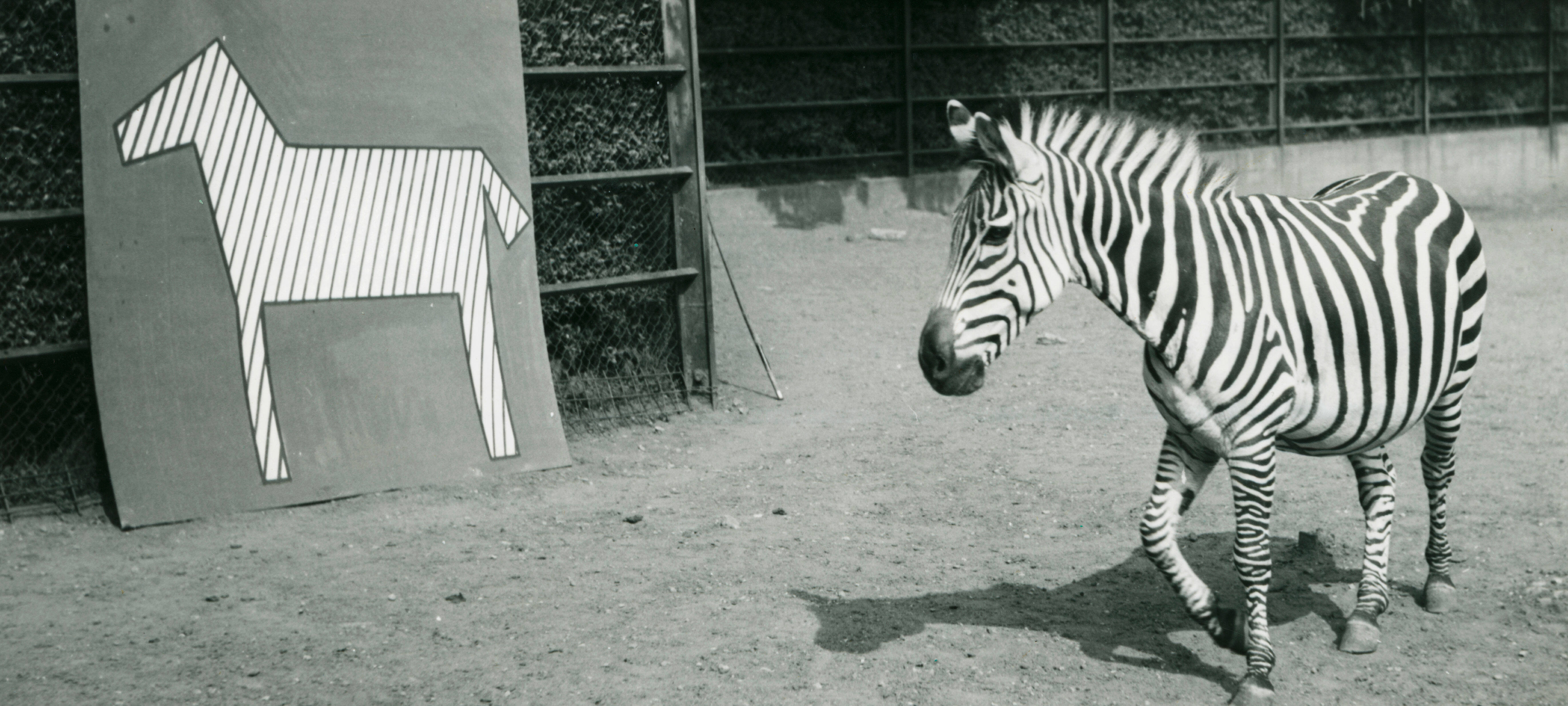Übergordnete Werke und Veranstaltungen
Film programme
Inheritance
Personen
Media
The German Kulturfilm emerged from WWI propaganda films. Already in 1913, Franz Bergmann and Willi Warstat developed a concept for positive nationalistic films against the "tasteless, criminal and erotic-sexual films" (meaning narrative films of all types, especially foreign ones): "Film replicates with equal faithfulness the landscape and life of foreign and distant countries and the activity in our own factories, where our people fight quietly but resolutely for their place on the world market. Film shows us life coming about in a droplet of water with the same vitality." With a film of this sort "cinema can become a rich, bubbling fount for the noblest edification of the people". The Kulturfilm, like the Heimatfilm is a native peculiar German, often ideologically coloured, genre mix of propaganda, advertising, educational and scientific film. Der Hirschkäfer (The Stag Beetle) from the important but forgotten animal film maker Ulrich K. T. Schulz is influenced by WWI: "They eat the blood flowing from the oak / yet even this short existence is not without struggle / victory and death." While the language of annihilation is here transposed from human warfare to the animal world, the Social Darwinist ideology of National Socialism reads a legitimisation for its racism out of the animal world. Das Erbe (Inheritance) is an educational film with narrative elements, commissioned by the Reichsbauernführer (Reich Farmer Führer). A scientist explains to his blond assistant that "all life is armed by nature with a powerful weapon to fight for the preservation of its species". The naïve plot allows a concrete explication: "So the animals do race politics!" This, the film explains at the ending, is also the aim of National Socialist Germany: "Healthy people will seek each other consciously, no longer by mere chance, finding the best mate". Contrary to the Kulturfilm, which rapidly becomes a genre of its own exhibiting astounding aesthetic qualities, National Socialist television had difficulties working with sound and image. The live commentary to the International Hunting Exposition in Berlin in 1937 stumbled through strange theorems at Reichsjägermeister (Reich Hunting Master) Göring's gala show: "Just as the hunters stand ready, so too the animals, knowing that the hunters are their best friends". In Kleinkrieg (Running Battle), war on insects is bluntly declared: "The peoples' goods are in danger. Pests are after you. Pests menace the work of your hands ... cleanliness and the maintenance of valuable goods are the basis for the health and wealth of the people. It is an absolute duty to wage a merciless battle against the billion-strong army of dangerous little enemies". Zyklon B is the weapon to use and there follows a detailed demonstration of its employment. The constant comparison between human and animal in National Socialism doesn't stop at images, as demonstrated by the most horrendous film of the Third Reich, Der ewige Jude (The Eternal Jew)*. The film's dramaturgy has two climaxes. Jews are declared vermin in a direct filmic comparison to rats. "They are devious, cowardly and cruel and appear mostly in large swarms. Among the animals they represent insidious, subterranean destruction, exactly like the Jews among humans." Scenes of traditional Jewish livestock-slaughtering staged especially for the film were to heighten the audience's hatred of the Jews to the point where their annihilation would seem just. It seems no single genocide in human history has been able to dispense with the animal comparison, turning the human enemy into a bestial foe.
[*Sentimental film in idealized regional setting.]
